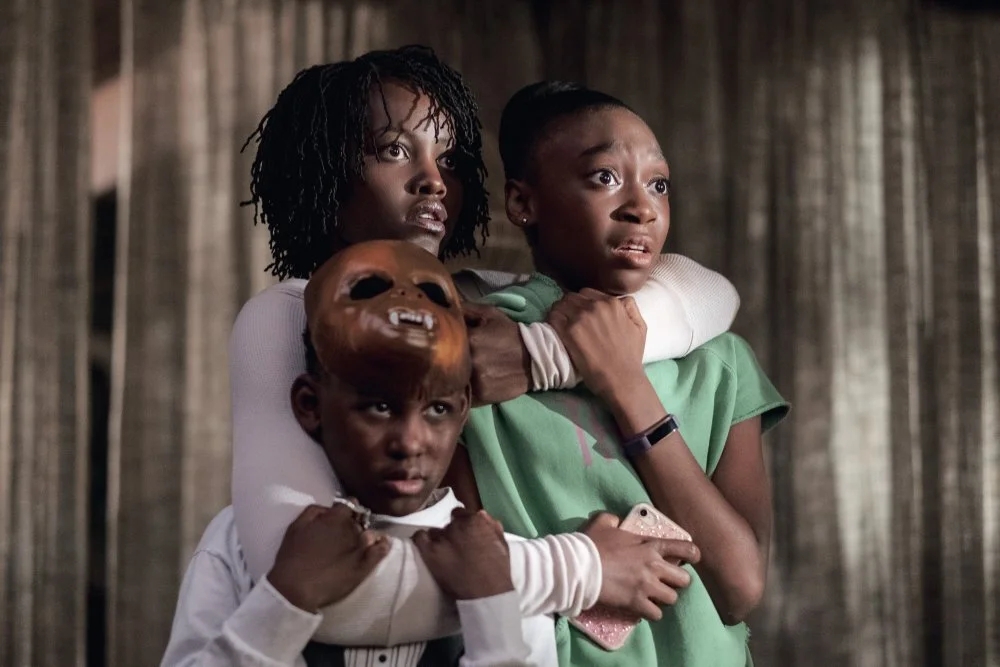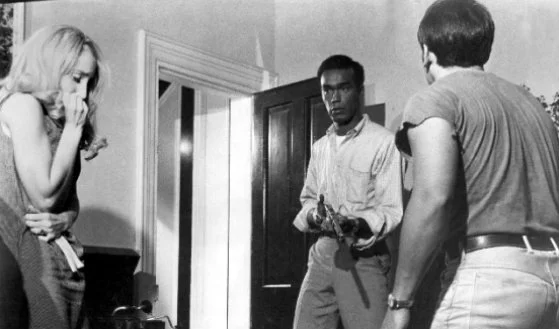Black Horror vs. Trauma Porn
In the recent surge of black Horror media, it is important to distinguish between a well-written horror story centered around African Americans and a senselessly brutal reenactment of black pain and death. The latter has been dubbed ‘trauma porn’, as it exploits the trauma, either current or historical, of black folks in the name of horror. Trauma porn is the result of inexperienced filmmakers relying too heavily on violence to achieve the genre of horror to the point that it is not entertaining, but painful to watch, especially for black audiences. The horror genre can be an excellent tool for creators to process their traumas, using fantastical and sci-fi monsters to examine class differences and American racism. The mistake that media such as the Amazon Original series Them tend to make is to barely touch on supernatural elements, but overdo the cruelty and bloodiness of real-life racism, not taking into account how emotionally damaging this can be for black audiences.
One thing that filmmakers like Jordan Peele grasp about the horror genre while others can’t seem to is that black audiences are tired of seeing black pain and death. A horror film can be centered around African Americans, can even be about racism, without punishing the black characters. With his second film, Us, Peele emphasizes the importance of representation in the genre, placing a black family at the center of a horror film without the antagonist being racist or anything to do with historical black trauma. While Get Out was a masterpiece about the horrors of being black in America, Peele chose to step away from that as a central theme in Us. While it was very intentional to make the central family black, racism is not their central foe. The themes explored in this film tend more toward class difference and privilege, problems African Americans often face, but are not exclusively black issues. To emphasize this point, the protagonists of the film are actually the privileged ones compared to the ‘Tethered’. To quote K. Austin Collins in an interview for Film Comment, “the movie is at its smartest when it plays with our expectation of how race does or doesn’t factor in that discourse of have or have-nots”.
While audiences may have been expecting an overt comment on racism after Get Out, Us was made to begin to introduce central black characters into a different kind of horror film. The precursor to this intentional blackness in horror was colorblind casting like Duane Jones as the lead in Night of the Living Dead. While the character was not written to be black, Jones gave the best performance at auditions, so that is who George Romero cast and rewrote the ending to fit. This image of a black hero killing hundreds of white zombies way back in 1968 paved the way for filmmakers like Jordan Peele to be able to write a horror story centered around a black family fighting their way through a new kind of apocalypse.


